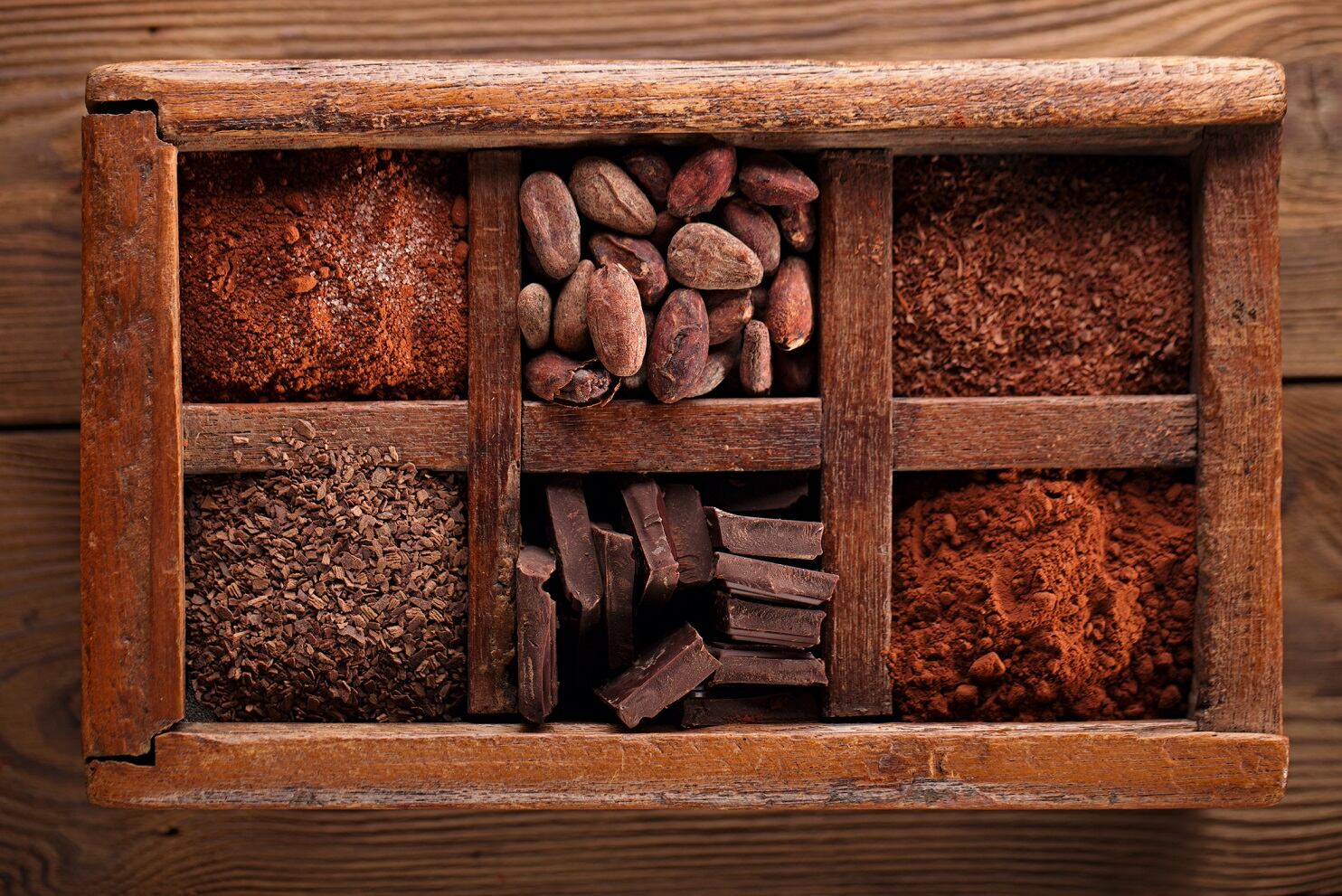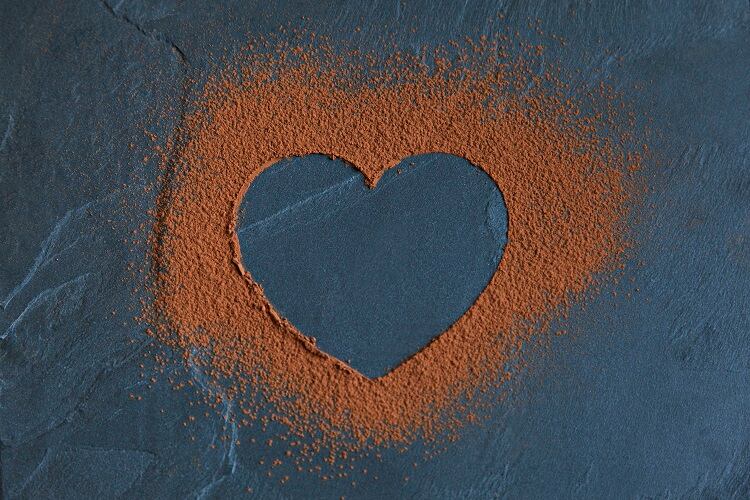Data published in The American Journal of Clinical Nutrition indicated that (−)-epicatechin and its structurally related metabolites were associated with improvements in measures of aortic stiffness and blood pressure.
However, consumption of the more complex procyanidins were not linked to any such benefits, according to scientists from the University of Dusseldorf, the University of Surrey, Mars Inc., and UC Davis.
“In view of potential future dietary recommendations for flavanol intake in the context of cardiovascular health maintenance and disease prevention, these findings are of great relevance,” they wrote.
“The current study further underscores that a more detailed, accurate, quantitative knowledge of individual (poly)phenols is of importance in predicting potential biological effects of foods and, thus, in the development of evidence-based nutritional recommendations.”
The benefits of (-)epicatechin

The study’s findings support those reported by other scientists. For example, data from the Zutphen Elderly Study in The Netherlands found that, men with the highest average intakes of epicatechin over 25 years of study had a 38% lower risk of dying from coronary heart disease (CHD), compared with than men with the lowest average intakes (American Journal of Clinical Nutrition, 2016, Vol. 104, pp. 58–64).
The majority of science into the potential benefits of cocoa have focused on the flavanols (also known as flavan-3-ols or catechins), and particularly the monomeric flavanol (-)epicatechin.
Swiss choc giant Barry Callebaut received authorization in Europe for two health claims relating to cocoa flavanols maintaining the elasticity of blood vessels, and contributing to normal blood flow. The two claims are for 200 mg of cocoa flavanols from cocoa beverages (with cocoa powder) or for dark chocolate (authorized in 2013), and for the same dose for capsules or tablets containing high-flavanol cocoa extract (2015).
Study details
The new randomized, controlled, double-masked, parallel-group trial included 45 healthy men aged between 18 and 35. The men were randomly assigned to one of three groups: One group received control (inactive) capsules; another group received capsules containing cocoa extract containing 130 mg (−)-epicatechin and 560 mg procyanidins; and the other group received capsules containing cocoa extract containing 20 mg (−)-epicatechin and 540 mg procyanidins.
After one month of intervention, the researchers observed that men in the higher (−)-epicatechin group experienced significant increases in flow-mediated vasodilation. In addition, levels of structurally related (−)-epicatechin metabolites (SREMs) in circulation increased. No such benefits were found for metabolites that were produced by the gut microbiota.
The higher (−)-epicatechin group also displayed decreases in pulse wave velocity and blood pressure. No such benefits were observed for either of the two other groups.
On the other hand, both cocoa groups displayed significant reductions in total cholesterol levels, compared with the control group, suggesting that this is related to procyanidins.
The researchers said that additional large-scale studies are needed to support or challenge these findings, and that the ongoing COSMOS trial will be important in this regard. COSMOS is a five-year intervention study involving 22,000 American men and women exploring if dietary supplements containing cocoa flavanols (600 mg/day) or a multivitamin can reduce the risk for developing heart disease, stroke, and cancer.
“Moreover, in order to be able to establish recommended intake values or to recommend the consumption of certain foods, the biologically active compounds should be identified and their content in foods should be known,” added the researchers.
Source: The American Journal of Clinical Nutrition
Published online ahead of print, doi: 10.1093/ajcn/nqy229
“Assessing the respective contributions of dietary flavanol monomers and procyanidins in mediating cardiovascular effects in humans: randomized, controlled, double-masked intervention trial”
Authors: A. Rodriguez-Mateos, et al.


